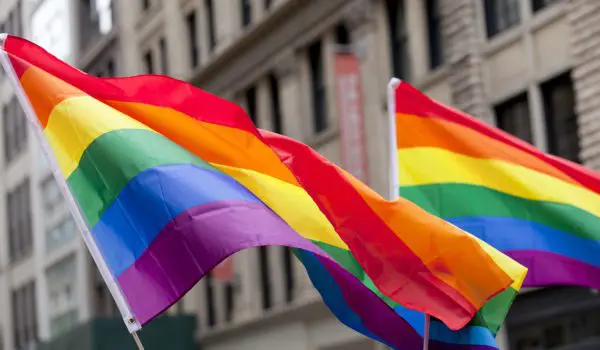In a landmark decision, Bostock v. Clayton County, Georgia, the United States Supreme Court held today that Title VII of the Civil Rights Act of 1964 prohibits employers from discriminating against LGBTQ employees because of their sexual orientation or gender identity. Title VII makes it unlawful for employers to discriminate against employees because of race, color, religion, sex, or national origin. Noticeably missing from the text of Title VII is any reference to sexual orientation or gender identity.
District and circuit courts across the country have been divided as to whether Title VII’s prohibition on sex discrimination also encompasses sexual orientation and gender identity. After the Supreme Court’s decision, this question is no longer in doubt.
In the decision, written by Justice Neil Gorsuch, the Supreme Court noted, “Today, we must decide whether an employer can fire someone simply for being homosexual or transgender. The answer is clear. An employer who fires an individual for being homosexual or transgender fires that person for traits or actions it would not have questioned in members of a different sex. Sex plays a necessary and undisguisable role in the decision, exactly what Title VII forbids.”
The Court consolidated three cases to determine whether LGBTQ employees are protected under Title VII. Two of the cases dealt with employees who were terminated because they were gay. The third case out of Michigan involved an employee who was terminated after disclosing her gender transition to her employer.
Employers should ensure that their handbooks and equal employment opportunity policies are updated to include protections for sexual orientation and gender identity. Employers should also ensure that their workplace training is broad enough to cover protections for LGBTQ employees.
If you have any questions regarding this ruling, please contact Fred Gaona, Jennifer Rulon, Brice Smallwood, or any member of Frost Brown Todd’s Labor and Employment Practice Group.

